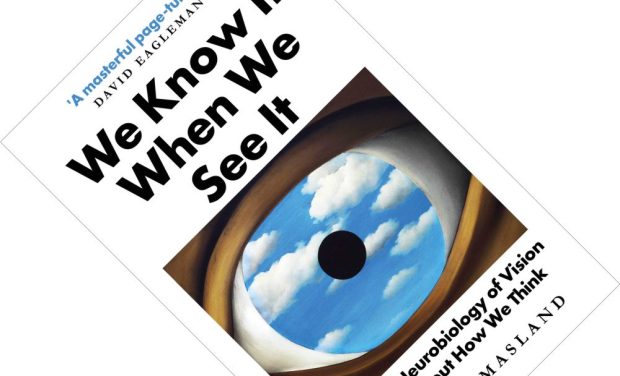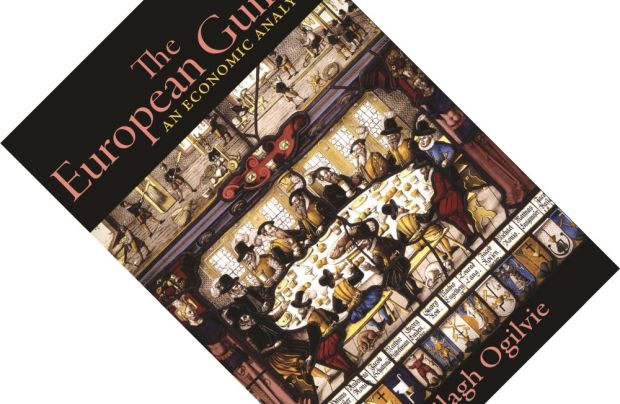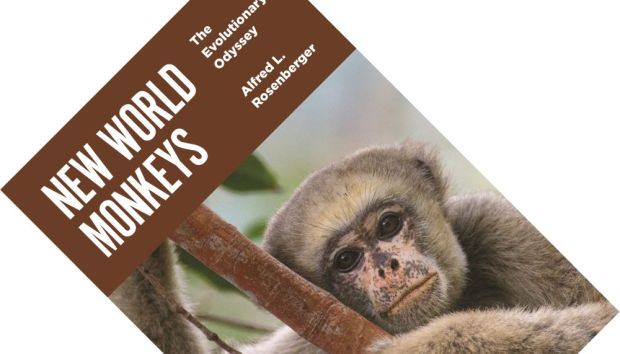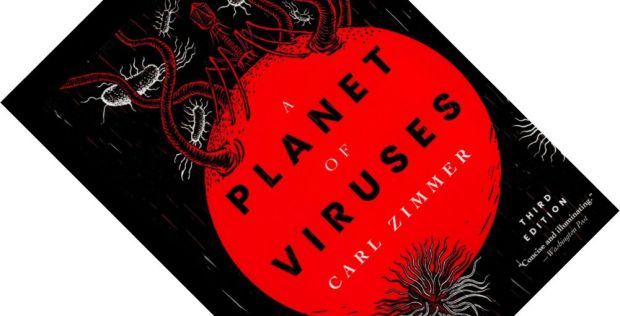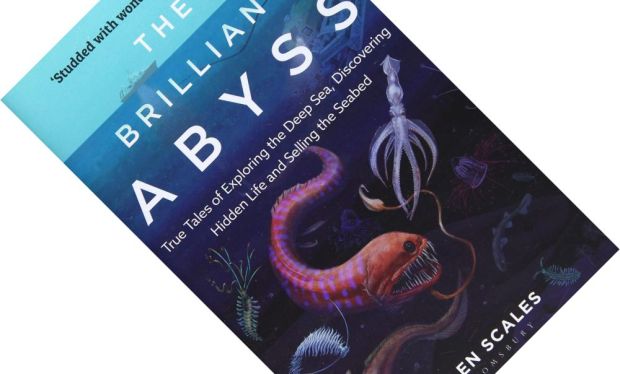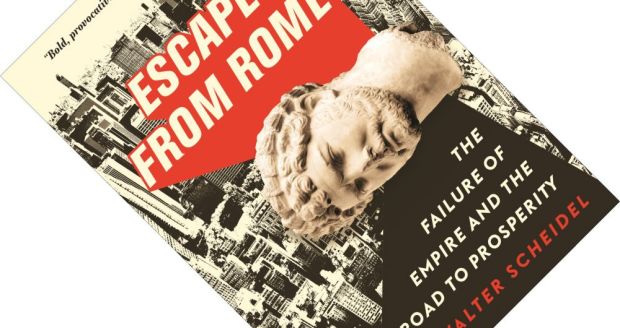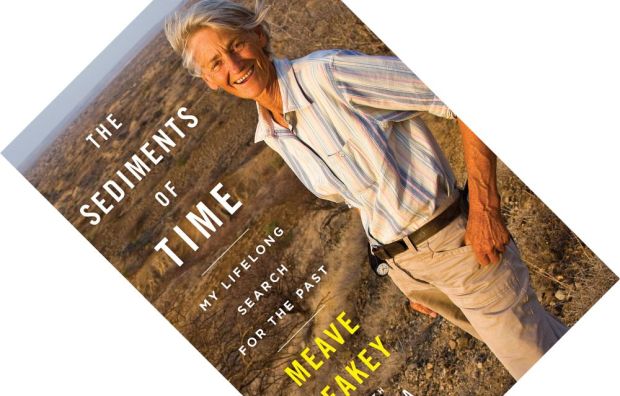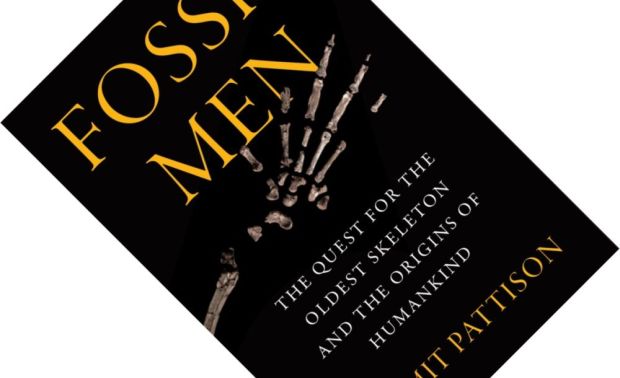6-minute read
Understanding the eye is only the first step to understanding how we see. Vision is as much about perceiving, which means understanding how the brain works. We Know It When We See It is the swansong of neuroscientist and ophthalmologist Richard Masland, who passed away in December 2019. His research career spanned over four decades and he was lauded internationally for his work on retinal neurobiology. In this book, his love for teaching shines through, and it was a pleasure to join him on one last trip through the neurobiology of vision.

